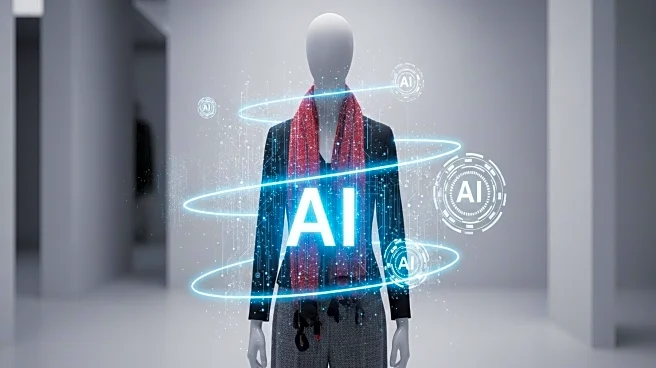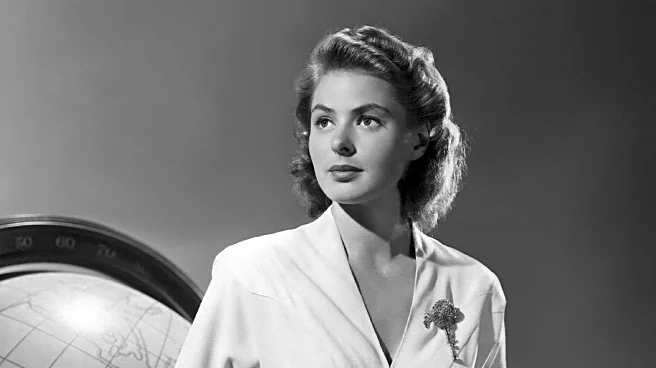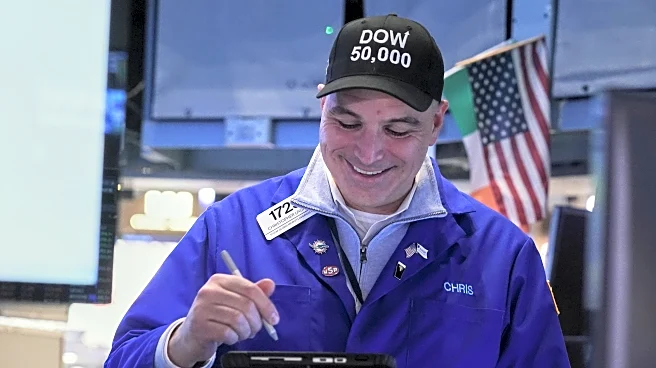What's Happening?
J.Crew has become embroiled in a controversy over its use of AI-generated imagery, as highlighted by a report from Blackbird Spyplane. The report accused J.Crew of using AI to create images that mimic the style of its old catalogues without disclosing the use of AI. The imagery was created by Sam Finn, an 'AI photographer,' and his agency, which J.Crew later confirmed. This incident is part of a larger discussion within the fashion industry about the integration of AI tools. A recent MIT study suggests that many fashion businesses may need to reconsider their approach to generative AI, as 95% of companies reportedly see no discernible return on their AI investments.
Why It's Important?
The controversy surrounding J.Crew's use of AI highlights a significant challenge for the fashion industry: balancing technological innovation with brand authenticity and consumer trust. As AI tools become more sophisticated, they offer potential cost savings and efficiency improvements in marketing and production. However, the lack of transparency in AI usage can undermine consumer trust and brand integrity. The MIT study underscores the broader issue of ineffective AI integration, suggesting that many companies are not fully capitalizing on AI's potential. This situation presents both a risk and an opportunity for fashion brands to refine their strategies and leverage AI more effectively.
What's Next?
Fashion brands, including J.Crew, may need to reassess their AI strategies, focusing on transparency and consumer engagement. The industry could see increased scrutiny from consumers and watchdogs regarding AI usage. Companies might also explore more targeted AI applications that provide immediate value and are easier to integrate into existing workflows. As AI technology continues to evolve, fashion brands will need to navigate these challenges to maintain consumer trust and competitive advantage.
Beyond the Headlines
The ethical implications of AI in fashion are significant, as the technology challenges traditional notions of creativity and authenticity. The debate over AI-generated imagery raises questions about the role of human creativity in an increasingly automated industry. Additionally, the potential for AI to disrupt labor markets, particularly in garment manufacturing, poses broader societal and economic questions. As AI becomes more prevalent, the fashion industry will need to address these ethical and cultural dimensions to ensure sustainable and responsible innovation.










